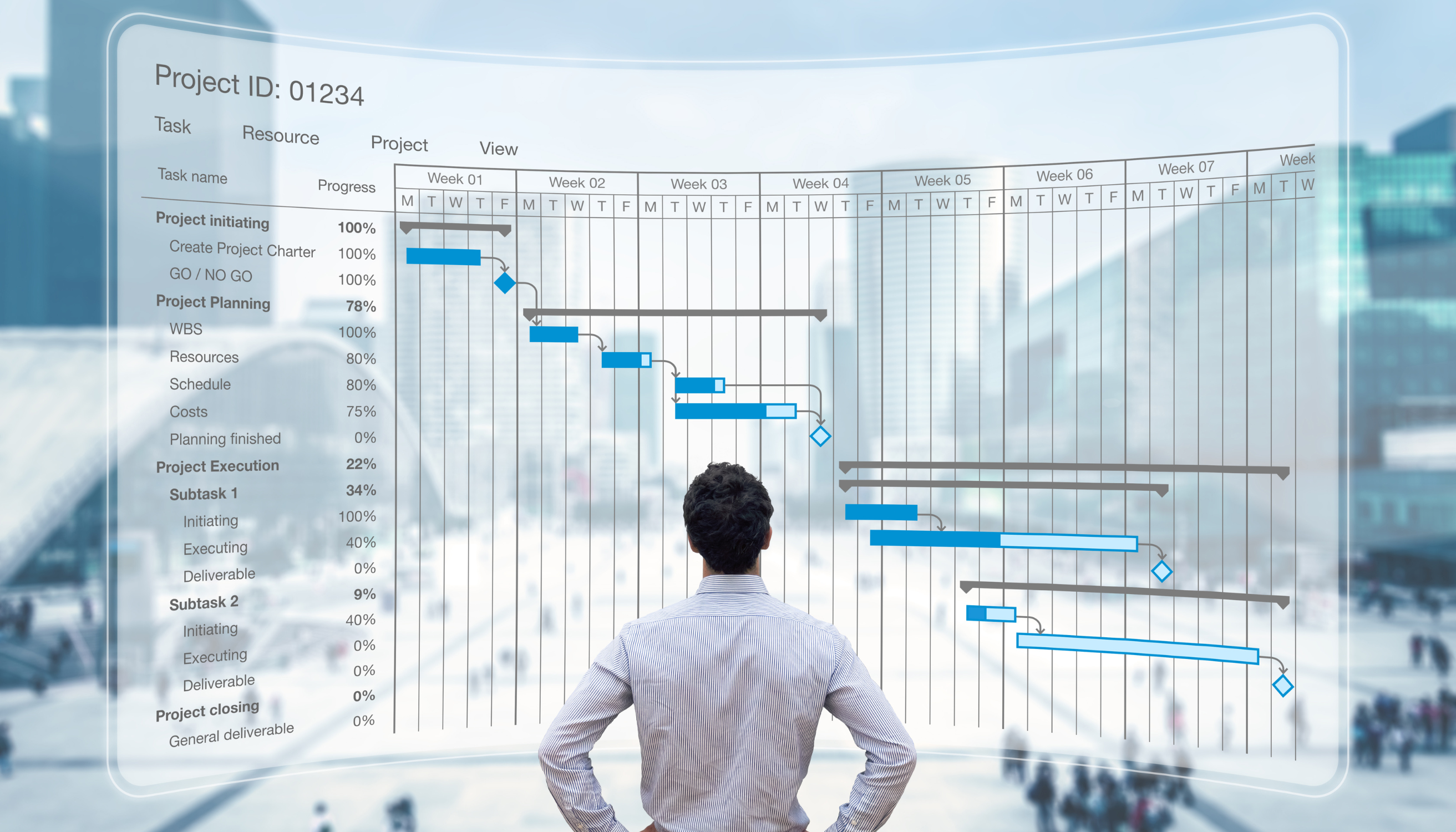Leveraging Technology for Success
The digital age has ushered in new tools and methodologies that enable project managers to streamline processes and enhance project outcomes. In this article, we’ll explore the world of digital project management (DPM) and its key components, focusing on how technology and innovation are reshaping the project management landscape.
At its core, digital project management involves using digital tools and technologies to achieve project goals efficiently. It encompasses collaborative efforts, effective communication, and the achievement of project milestones within specified timeframes. While traditional project management methodologies remain relevant, DPM leverages technology to enhance the overall project management process.
The Role of a Project Manager
Before diving into the intricacies of DPM, it’s essential to understand the pivotal role of a project manager. A project manager is responsible for several critical aspects of a project, including:
Defining the Project Scope: Clearly outlining the project’s objectives and boundaries.
Planning and Managing Resources: Creating and managing timelines, budgets, and resource allocation.
Delegating Tasks: Assigning responsibilities within the project team.
Maintaining Communication: Ensuring continuous communication between the project team and stakeholders.
Monitoring Critical Path: Assessing the project’s critical path at various stages to identify potential roadblocks.
Client Satisfaction: Ensuring that the end product or service meets the client’s expectations.
Effective project managers possess a combination of skills, including excellent communication, time management, and the ability to strike a balance between providing direction and micromanaging. In the digital realm, project managers must also evaluate and select modern project management software that aligns with the project’s requirements and is easy for the team to implement and learn.
To kickstart a digital project, it’s crucial to establish a solid foundation. This includes defining a workflow with clear deliverables, selecting an appropriate project methodology (e.g., agile or scrum), and identifying potential challenges and timelines. Moreover, understanding the customer’s needs and expectations is vital in the digital space. Key questions to address include:
How will the project enhance the customer’s digital experience?
Have we gathered insights from stakeholders?
Are all necessary departments involved in the project?
What methodology and documentation processes will be used?
Scalability: is particularly crucial because rigid methodologies or tools can hinder the team’s progress, while non-scalable products may render the entire project obsolete.
Managing resources: efficiently is another cornerstone of DPM. Three primary resources require careful attention:
Time: Breaking the project into smaller, manageable deliverables helps keep the team on track for target completion dates. Project management software can provide task notifications.
People: Team members may work from different locations, necessitating effective collaboration tools.
Budget: In addition to an initial budget, accounting for unexpected roadblocks is essential.
Effective communication: is the backbone of any successful project, yet it remains a challenge for many organizations. While various communication methods are available (e.g., email, phone, text, video chat, face-to-face), gaps in communication still occur. To improve communication:
Encourage questions, especially for complex projects.
Offer clarifications when necessary.
Provide frequent updates to team members and stakeholders.
Frequent updates not only enhance communication but also facilitate risk management and quick course corrections if the project deviates from its goals. Software tools can streamline progress reviews with stakeholders and clients.
The final stage of a project’s timeline is deployment. Before delivering the finished product, thorough testing is essential. Digital tools play a crucial role in this phase, enabling development and quality assurance teams to work effectively. The key question before delivering the final product is whether all project requirements have been met, and the scope has been satisfied.
In delivering a digital experience, the chosen software should be capable of deploying across all digital channels, ensuring a seamless and consistent user experience.
In conclusion, digital project management represents a significant evolution in project management methodologies, leveraging technology to enhance efficiency and effectiveness. With the right tools and a focus on effective communication, project managers can navigate the complexities of the digital age, ultimately leading to successful project outcomes. As technology continues to advance, the role of digital project management will only become more pivotal in driving business success.





